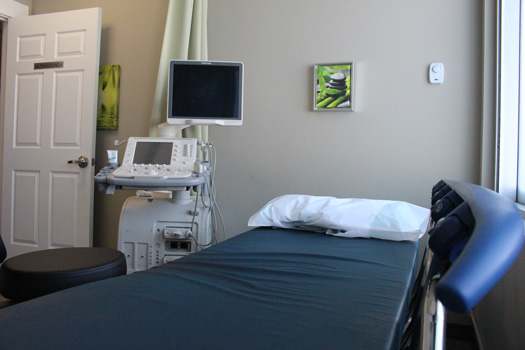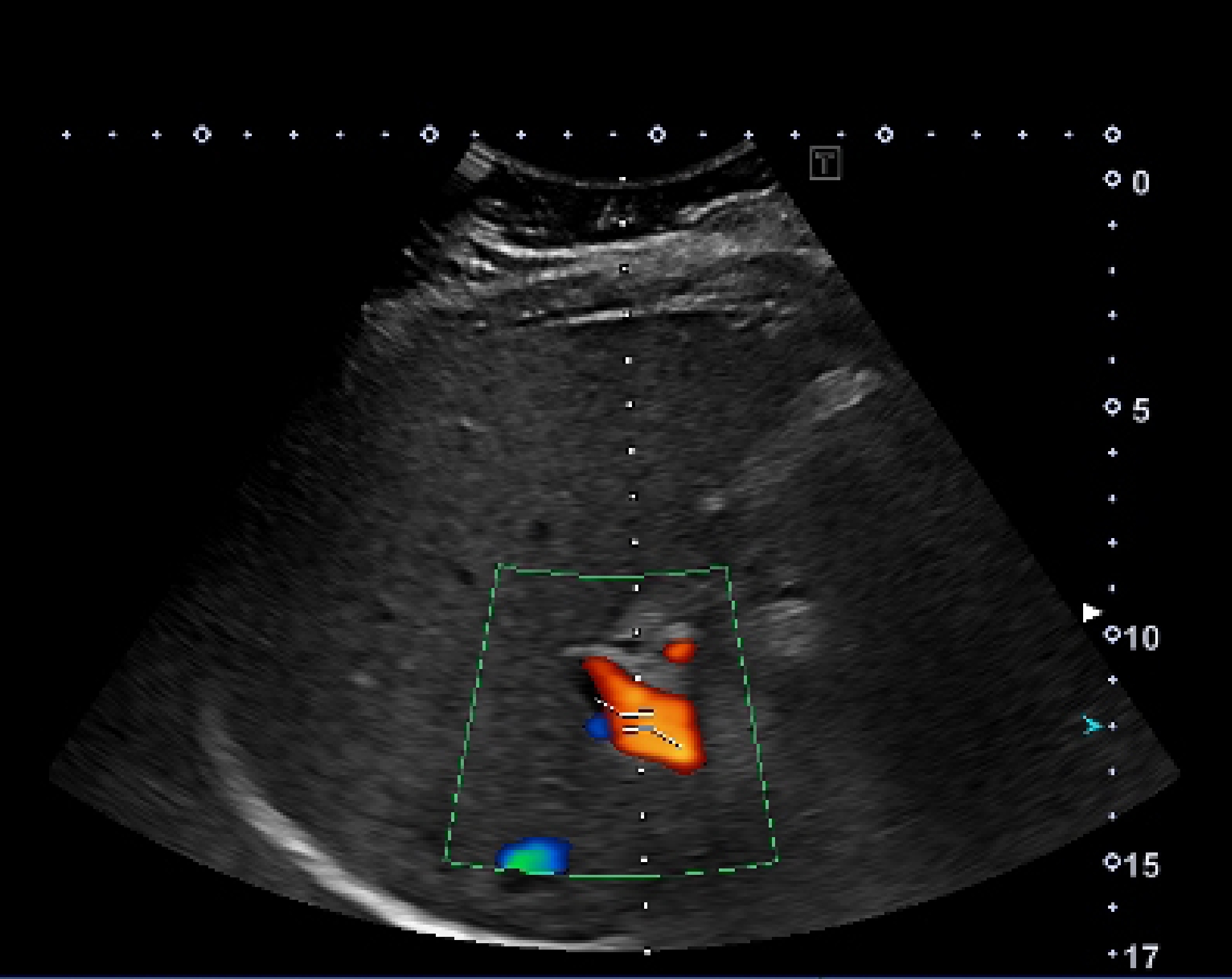HCC Surveillance Program
Some people with known liver disease have a higher risk for developing liver cancer, known as hepatocellular carcinoma (or “HCC” for short). Unfortunately, this cancer can be painless without presenting symptoms until it is large or complicated and challenging to treat. The goal of an HCC surveillance program is to follow you over a long period of time (years) in order to detect the development of HCC early, when the tumors are still small and can be treated and cured with minimally invasive techniques.
You may be eligible for this program if you have:
- Known end stage liver disease (cirrhosis)
- Are a hepatitis B virus carrier without cirrhosis but are in one of the following groups:
- Have active hepatitis
- Have a family history of HCC
- Are of African heritage
- Are an Asian male over 40 years of age
- Are an Asian female over 50 years of age
- Are a hepatitis C virus carrier with advanced liver fibrosis but no cirrhosis (Metavir F3)
How Does HCC Surveillance Start?
If your doctor feels you are eligible for this program, they will provide you with a requisition for HCC screening/surveillance to schedule with us. We will work with you to schedule a date for your first ultrasound. If you have not had an ultrasound of your abdomen recently, we will likely look at all the solid organs in your abdomen at the first visit. We will pay special attention to your liver.
On the day of your ultrasound, you can expect the following:
- You may be asked to change into a gown.
- You will be asked to lie on your back or your side and to expose your upper abdomen.
- The sonographer will apply a warm, hypoallergenic ultrasound gel and move the transducer around the scanned area with mild to moderate pressure, gathering images of your organs. The ultrasound is a painless and radiation-free procedure.
- You may be asked to change position – lying on your side, standing, or sitting – to move your organs into a better position for imaging.
- After the sonographer has captured enough images, you may be asked to wait until the images are reviewed with the doctor.
- A radiologist will review the images and send a detailed report to your doctor, usually within one business day.
What Happens After the First Test?
If no new liver lesions are found, you will be asked to reschedule your next follow up in 6 months before you leave. If we find something small (less than 1 cm), we will ask you to follow up in 3 months. These follow up studies will be shorter and will focus on your liver, spleen and a couple other specific findings only.
If we find a lesion larger than 1 cm in size, we will ask you to schedule an MRI (as long as you have no contraindications) to further evaluate this finding and help us characterize how likely the lesion is to be a cancer. Through this process, we will include your referring doctor with all correspondence to ensure they have the most up to date information.
It is important that you follow up all results with your family doctor to ensure you do not miss necessary follow up appointments and/or important findings. We will do our very best to work with you to communicate and coordinate with you to schedule your appointments before you leave the clinic so the follow up plan is clearly understood.
Where Can I Learn More?
For more information about the Alberta HCC screening/surveillance program and other information about liver disease, please visit https://cirrhosiscare.ca.
Cost
If you have a valid Alberta Health Card or valid health care card from out of province, there is no cost to you for this study (except in Quebec).
Duration
An HCC screening/surveillance ultrasound takes approximately 30-60 minutes to complete.
Exam Preparation
Being prepared for your HCC Screening exam helps us take the best possible images for diagnosis. Please visit our exam prep page for more instructions specific to HCC Screening.



